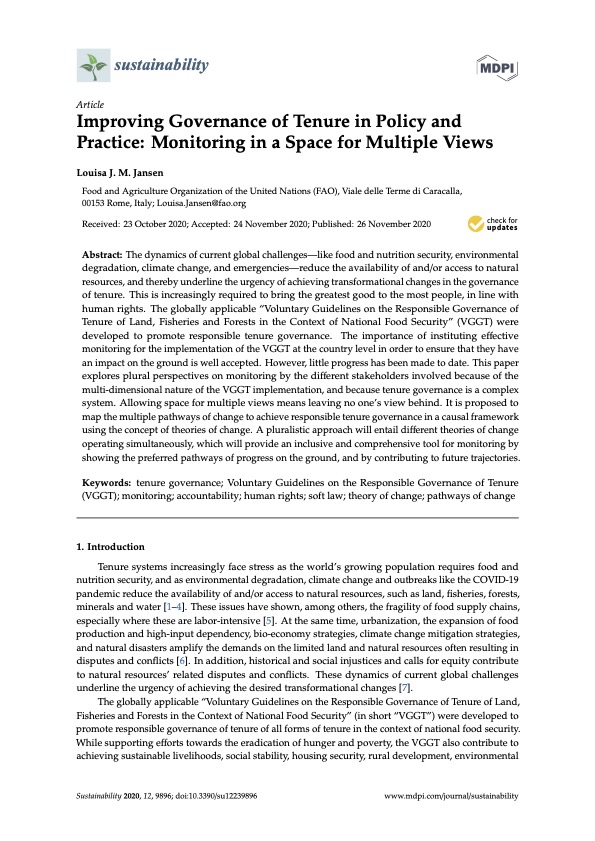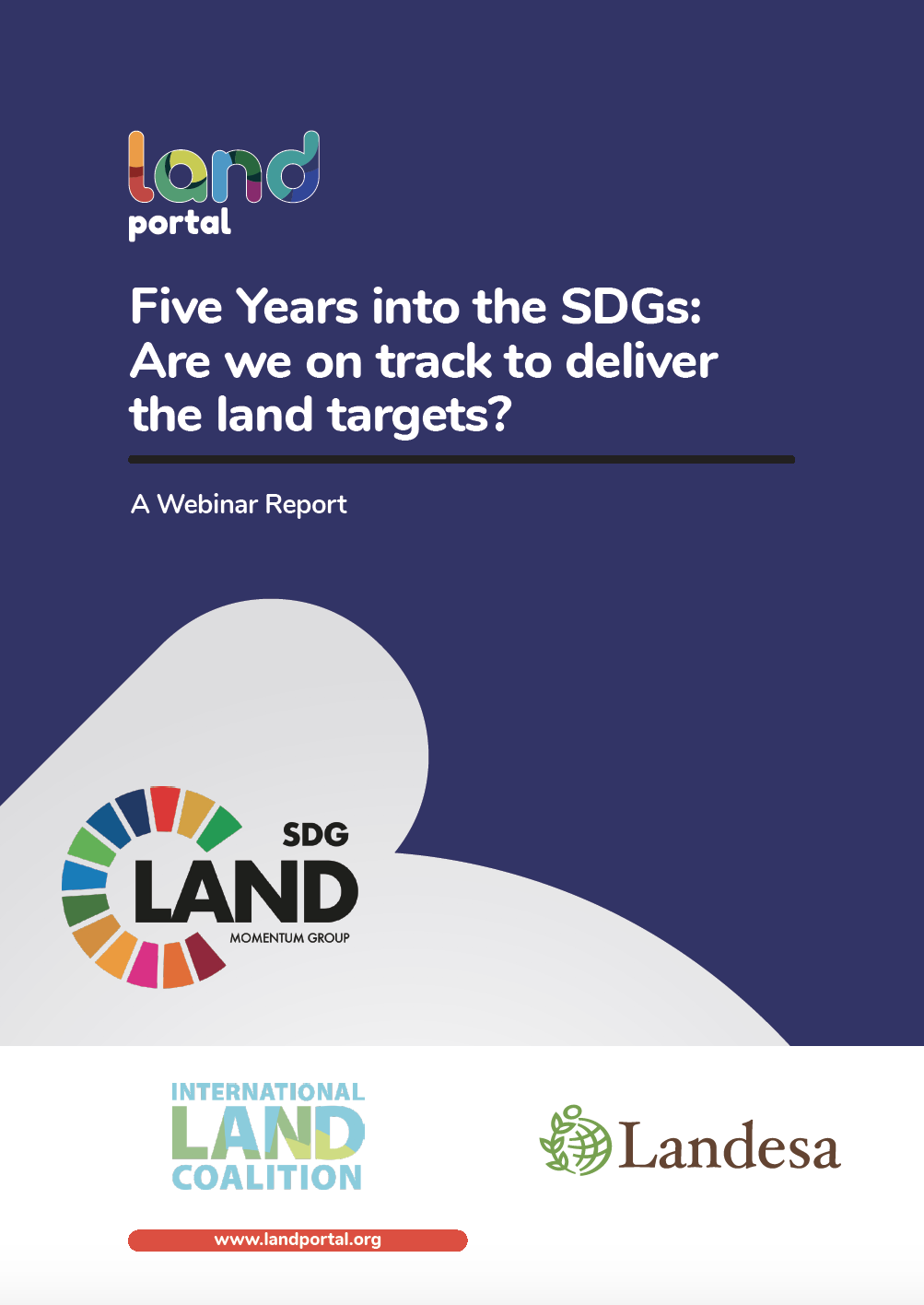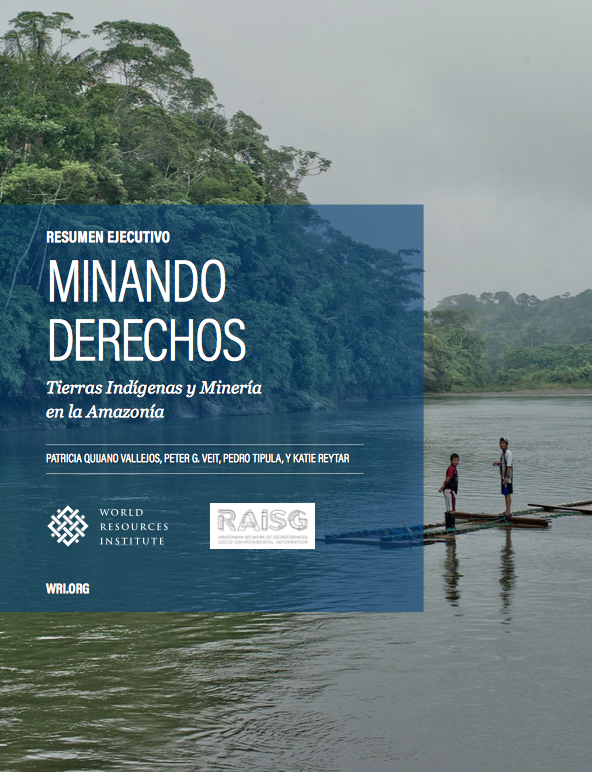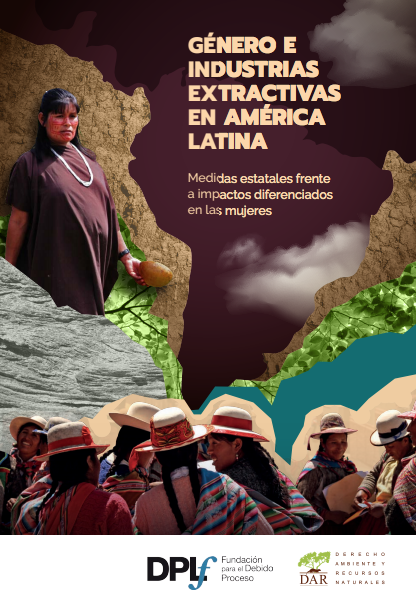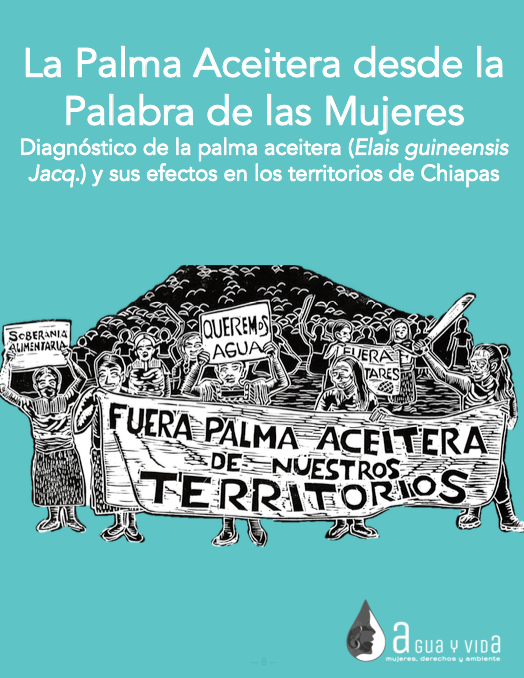DECLARACIÓN DE LA XIII ASAMBLEA REGIONAL DE MIEMBROS DE LA ILC ALC
Declaración emitida por las 50 organizaciones integrantes de la ILC ALC, de 16 países de América Latina y el Caribe, reunidas virtualmente en la XIII Asamblea regional y en el XI Foro de la Tierra de América Latina y el Caribe 2020 que se realizó sobre el tema: “Desigualdad en América Latina y el Caribe: impacto y propuestas para la gobernanza de la tierra”, después de reflexionar sobre la desigualdad y las implicancias para los pueblos indígenas, campesinos y afrodescendientes que viven de la tierra y en sus territorios, y considerando particularmente el impacto en las mujeres y jóvenes, e



